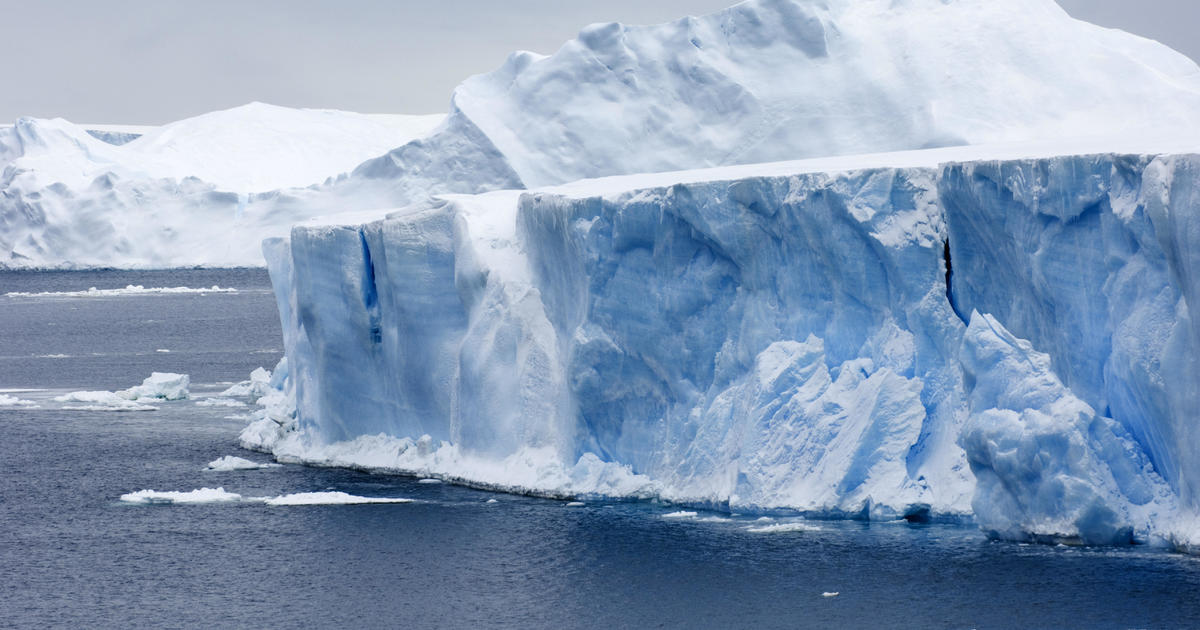
Scientists are concerned about the possibility of an iceberg the size of Greater London colliding with wildlife, fishing vessels, and shipping. Researchers are keeping an eye on two icebergs: the A81, which is bigger than Greater London, and the A76a, which is even bigger.
Currents and winds are currently moving the A76a iceberg, which came from the Filchner-Ronne Ice Shelf in May 2021, toward the Falklands and South Georgia. Professor Geraint Tarling explained that because the A76a was in their way as they were sailing home, they had to take a detour around it and use special pipes to collect water samples from around the iceberg.
"In some places, we got in quite close and had a great view of it. "We've got a lot of samples to study because we collected water from around the berg using special, uncontaminated pipes under the ship," Tarling told BBC News.
The government's director of fisheries and environment for South Georgia and the South Sandwich Islands, Dr. Mark Belchier, expressed concern regarding the potential impact on fishing operations during the winter.
He went on to say that the iceberg could also have a localized effect on wildlife. However, this might not be as much of a problem if it breaks up during the winter, when most animals are able to forage over greater distances and don't have to return to land to feed their young or have completely left the island.
If the iceberg falls to the ground, Belchier is concerned about the consequences. Smaller icebergs could affect vessel movements in the vicinity if the iceberg breaks up. According to Belchier, despite the fact that the tourist season is coming to an end, the fisheries operate during the winter, so any change could have an impact on their operations.
According to Belchier, the iceberg's breakup during the winter, when the animals are able to forage over greater distances or have completely left the island, is less likely to be a problem.

0 Comments